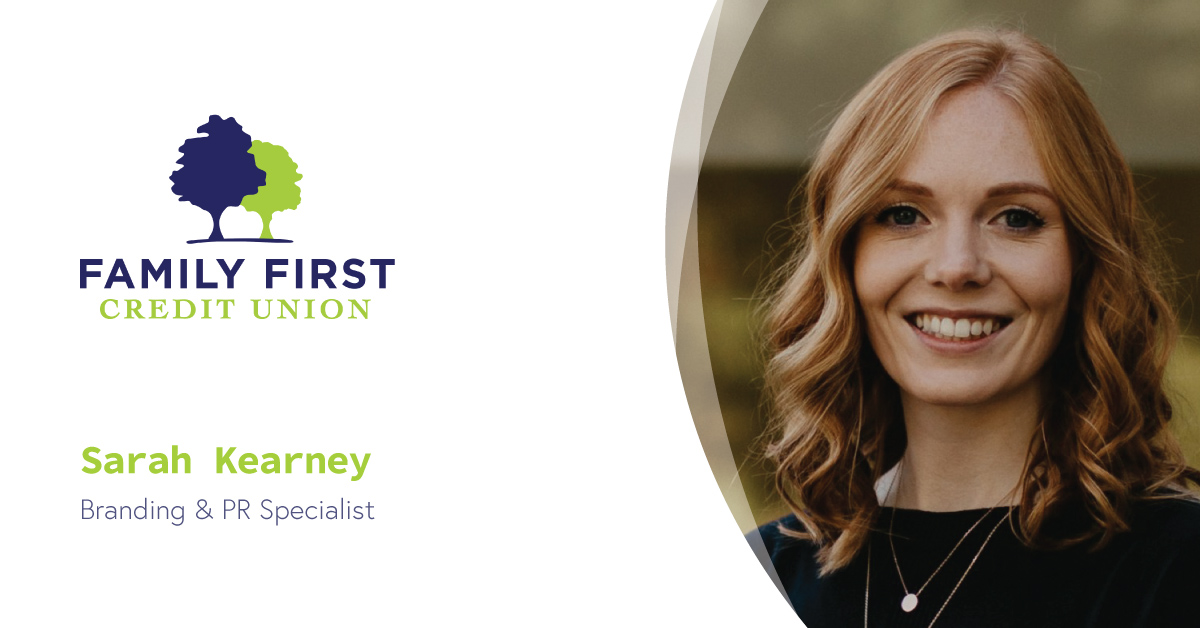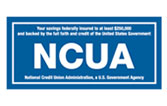Common Financial Challenges: Managing Debt
Last Updated
October 10, 2023
Written By
Sarah Kearney
In today’s fast-paced world, many Americans are faced with a variety of financial challenges that at times can be overwhelming. Things like credit cards, student loans, and mortgages can all weigh heavily on one’s financial well-being and quality of life. However, with careful planning and strong strategies, it’s possible to overcome these hurdles and build a more secure financial future. In this blog post, we’ll focus on one of the most common financial challenges, as well as solutions to help you tackle it; we’re talking, of course, about managing debt.
Understanding the Debt Dilemma
Consumer culture in the United States, where access to credit is abundant and encouraged, is a major contributing factor in today’s debt dilemma. Credit cards in particular make it easy for individuals to spend beyond their means, leading to revolving credit card debt. This often occurs when borrowers gain easy access to credit, with little to no financial education or experience. Many Americans, especially younger borrowers, don’t fully understand interest rates, compounded interest, or the consequences of carrying high levels of debt.
While we’re on the topic of education, the cost of college has skyrocketed in recent years, putting student borrowers under significant financial strain at an early age. The average college student takes on a considerable amount of debt to cover the cost of tuition and housing. Student loan debt can delay major life events, such as homeownership and retirement savings, and is the only kind of debt that cannot be forgiven with bankruptcy. That means that no matter what kind of financial situation you’re in post-grad, that debt’s not going anywhere!
Medical bills are also a common reason Americans struggle with debt. Unexpected medical expenses, even for those with health insurance, can be costly and challenging to pay off. When medical bills go unpaid, they’re often sold to debt collection agencies which can negatively impact credit scores and add additional stress.
Taking Control of Your Debt Situation
- Create a Debt Repayment Plan
Begin by understanding the scope of your debt. Make a list of all your debts, including balances, interest rates, and minimum monthly payments. This will give you a clear picture of your financial situation. Focus on paying off high-interest debt first, as it costs you the most over time. This may involve consolidating debt, transferring balances to lower-interest credit cards, or negotiating with creditors for lower interest rates. Since the COVID-19 pandemic, Federal Student Aid has also launched a new income-driven repayment plan to help borrowers pay back student debt. Be sure to do your research and find repayment plans that work for you and your financial situation. To learn more about student loan repayments, click here.
- Create a Realistic Budget
Develop a comprehensive budget that outlines your income and expenses. Allocate a portion of your income to debt repayment while still covering essential expenses like housing, utilities, groceries, transportation, and an emergency fund. Having an emergency fund can prevent you from falling back into debt when unexpected expenses arise. You should aim to save for three to six months’ worth of living expenses.
- Seek Financial Education
Invest time in improving your financial literacy. Read books, take online courses, and seek advice from financial advisors. Understanding financial concepts will empower you to make informed decisions. A financial counselor can help you assess your current financial situation, teach you valuable skills, help you pay off debt, and improve your credit. If your debt situation is severe and unmanageable, consider consulting a credit counselor before exploring bankruptcy as a last resort.
Overcoming debt is a journey that requires dedication and discipline. By understanding your debt, creating a solid financial plan, and seeking education and support when needed, you can regain control of your finances and work toward a debt-free future. Remember that progress may be gradual, but every step you take brings you closer to financial freedom and peace of mind.
For financial guidance, reach out to one of our certified financial counselors today and get started on your journey to financial stability!
Author

Sarah graduated with her BFA in Graphic Design from the State University of New York at Fredonia in 2018 before beginning her career at Family First. Sarah is a designer, content creator, and community outreach coordinator, and is an active volunteer within the Rochester community.



